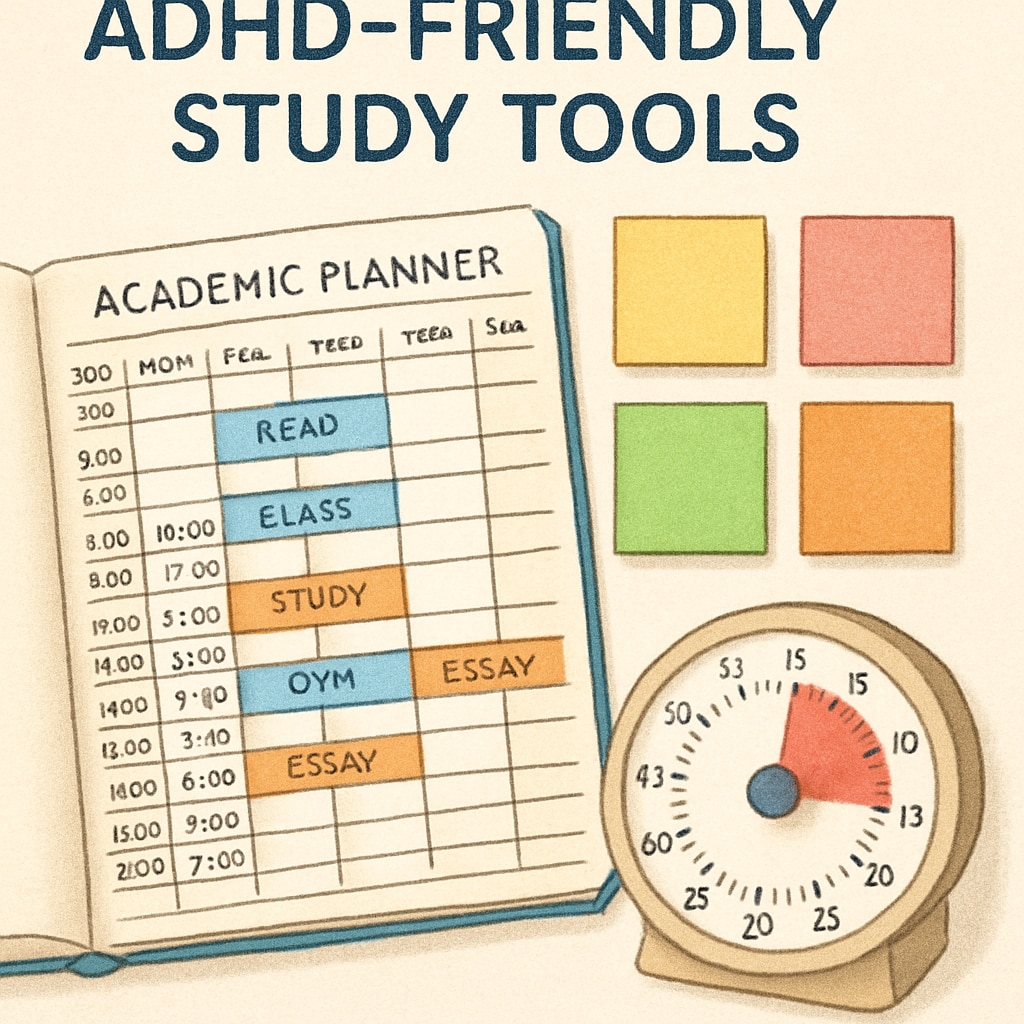Facing significant credit shortages in high school can feel overwhelming, especially for students with ADHD who already manage unique learning challenges. Balancing academic demands while addressing these difficulties requires a structured approach. In this guide, we’ll explore ADHD-friendly strategies to recover high school credits, overcome academic setbacks, and ensure you stay on the path to graduation.
Understanding Credit Shortages and ADHD Challenges
Before diving into solutions, it’s essential to understand the root causes of credit shortages. ADHD (Attention Deficit Hyperactivity Disorder) can impact a student’s focus, organization, and time management, leading to missed assignments, poor grades, or even course failures. These factors, combined with the fast-paced environment of high school, can result in academic setbacks.
However, with the right mindset and tools, students can reclaim control over their academic journey. Here’s how:
- Assess Your Situation: Meet with your school counselor to review your transcript and identify missing credits.
- Set Clear Goals: Break down your recovery plan into manageable milestones.
- Leverage ADHD Strengths: Harness creativity, hyperfocus (intense concentration on an activity), and problem-solving skills to tackle challenges head-on.

Creating a Personalized Credit Recovery Plan
Developing a customized plan is crucial for credit recovery. ADHD students thrive with structure, so it’s essential to create a roadmap that includes both short-term and long-term goals.
Step 1: Explore Credit Recovery Options
Many high schools offer flexible solutions for students with credit shortages:
- Summer School: Enroll in accelerated courses to recover credits quickly.
- Online Classes: Platforms like Khan Academy and other virtual programs provide self-paced options.
- Credit Recovery Programs: Check if your school offers specific recovery classes tailored to missed coursework.
Step 2: Use ADHD-Friendly Study Techniques
Maximize productivity by aligning your approach with ADHD strengths:
- Pomodoro Technique: Work in focused 25-minute intervals, followed by short breaks.
- Visual Aids: Use charts, diagrams, and color-coded notes to organize information.
- Accountability Partners: Study with a classmate or family member to stay on track.
Step 3: Prioritize Time Management
Time management is critical for recovering credits while balancing current coursework:
- Daily Scheduling: Use a planner or app to allocate time for each task.
- Set Alarms: Use alarms or reminders to stay on schedule.
- Avoid Multitasking: Focus on one task at a time to improve efficiency and reduce distractions.

The Role of Communication and Support
Open communication with teachers, counselors, and family members is vital for navigating credit recovery. Here’s how to establish a strong support system:
- Engage with Teachers: Request additional help or extensions when necessary.
- Collaborate with Counselors: Work with your school counselor to adjust your class schedule or explore accommodations.
- Involve Parents: Keep your family informed about your progress and enlist their help in managing deadlines.
Additionally, consider seeking external support through ADHD coaching or therapeutic services. These professionals can provide tailored strategies for overcoming academic challenges.
Staying Motivated and Focused
Recovering credits requires consistent effort and determination. To stay motivated:
- Celebrate Small Wins: Acknowledge each milestone you achieve, no matter how small.
- Visualize Success: Keep your graduation goal in mind as a source of inspiration.
- Practice Self-Care: Prioritize sleep, nutrition, and exercise to maintain focus and energy levels.
Remember, setbacks are part of the journey. Embrace challenges as opportunities to grow and improve.
Conclusion: Taking the Next Steps
High school credit recovery may seem daunting, but with a personalized plan, ADHD-friendly strategies, and a strong support system, you can turn things around. By leveraging your unique strengths and staying committed to your goals, you’ll not only catch up academically but also build resilience and confidence for the future.
Start today by assessing your situation, exploring recovery options, and creating a structured plan. Graduation is within reach, and every step you take brings you closer to success.


